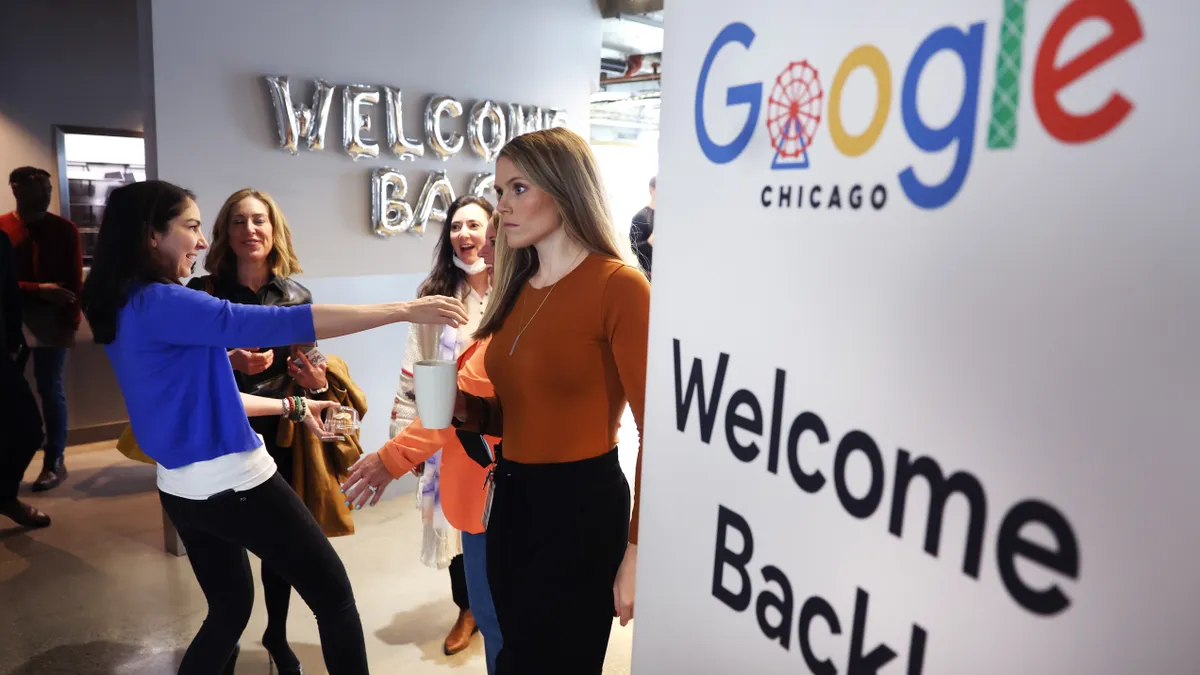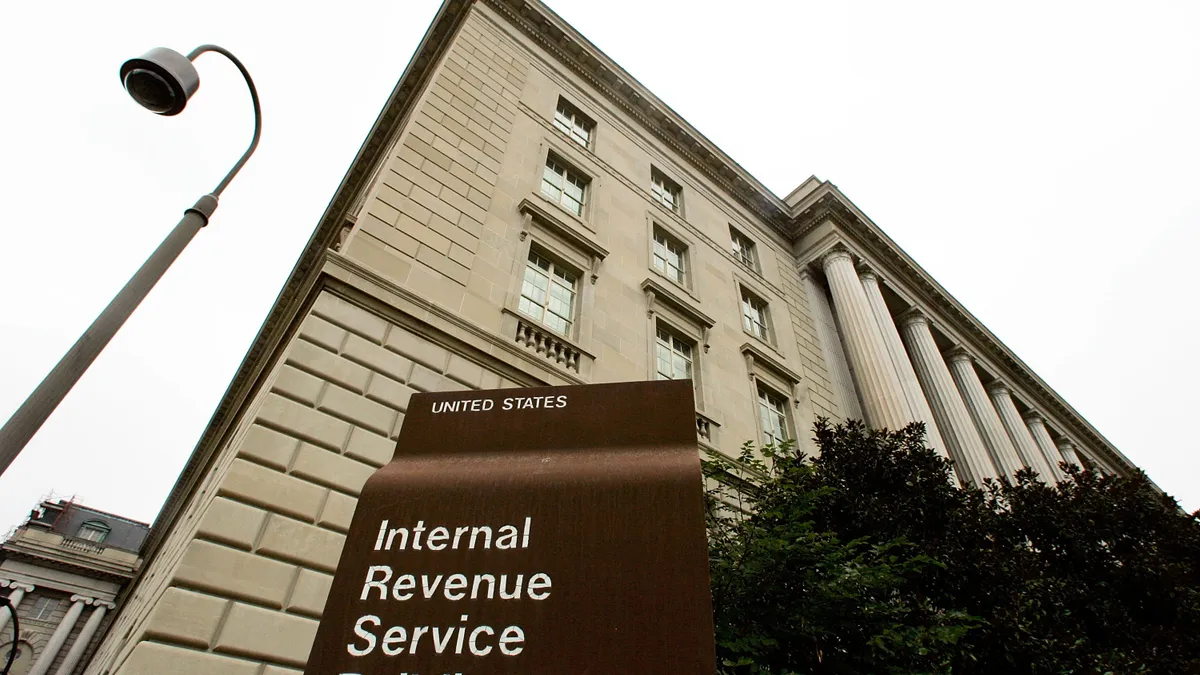Dive Brief:
- Much is said about the relatively low percentage of women CEOs and female senior leaders in general, and for good reason. But a study from LeanIn.org and McKinsey & Company, Women in the Workplace 2016, reveals that an even more impactful trend may be the root cause for poor gender diversity: Women are less likely to receive the first critical promotion to manager, so far fewer end up on the path to leadership or get hired into senior positions.
- According to the study, for every 100 women promoted to manager, 130 men are promoted, and promotion rates in general for women lag behind those of men, with the disparity being the largest at the first step up to manager.
- Other negative trends in the study include: Women ask for feedback as often as men, but are less likely to receive it; women get less access to senior leaders, and women who negotiate for a promotion or compensation increase are 30% more likely than men to receive feedback that the women are “bossy,” “too aggressive” or “intimidating."
Dive Insight:
Employers' commitment to gender diversity gets plenty of attention, and senior managers genuinely agree about the need for diversity at leadership levels. However, apart from the findings in this study, there also is the negative impact of unconscious bias, a difficult to eliminate factor that must be minimized for women to make real inroads. Decision makers and HR leaders still tend to fall back on unconscious beliefs when making final hiring and promotion decisions, with the result being management teams with little real diversity.
Employers and HR leaders need to treat gender diversity like the business imperative it is, and that starts with better communication, more training and a clearer focus on results. Many studies link diversity to better business results, and all employees benefit from a workplace that is inclusive and fair.













